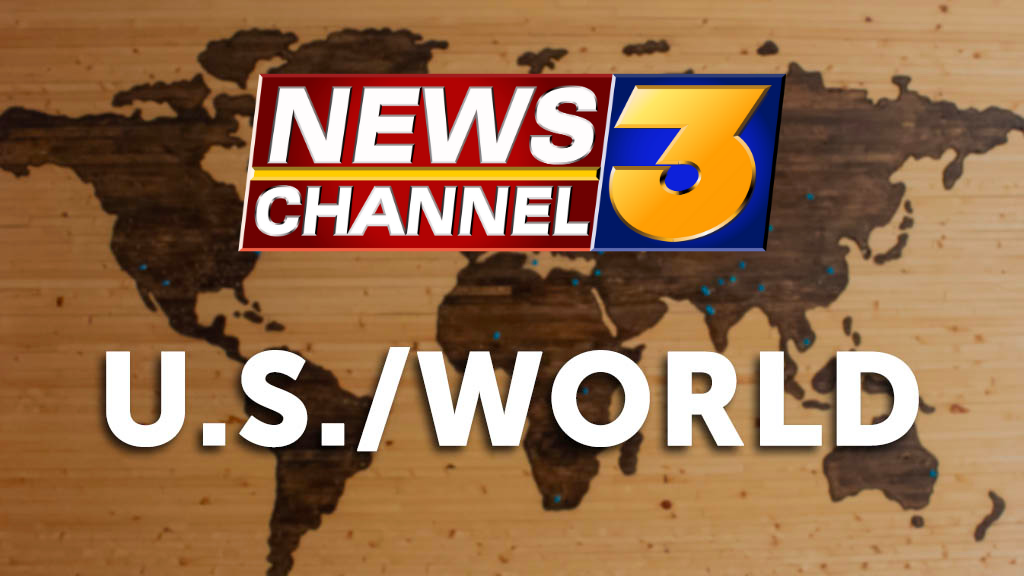Trudeau ‘concerned’ about vaccine restrictions; no indication Canada is impacted

Click here for updates on this story
TORONTO, Ontario (CTV Network) — Prime Minister Justin Trudeau said that while he is “concerned” that COVID-19 vaccine deliveries to Canada from India and the EU may be held back to prioritize domestic immunization campaigns, there is no indication yet that this country’s supply will be impacted.
“We share the urgency of all Canadians to ensure access to COVID-19 vaccines. We are concerned with the new reports of restrictions,” Trudeau said in a response to a question from Conservative MP and health critic Michelle Rempel Garner asking whether he could “absolutely guarantee” none of Canada’s vaccines will be held back.
“We will be continuing to work with our counterparts, including direct contact from me to the highest levels of the European Commission, in order to ensure that Canada’s supply of vaccines is not in danger, is not interrupted,” said the prime minister.
Trudeau said that work is currently underway to ensure that the doses Canada is contractually obligated to receive, are sent. Canada is entirely reliant on COVID-19 vaccines manufactured by international pharmaceutical companies as there is currently not adequate domestic production capacity in this country.
According to a spokesperson for the European Commission, the new export controls are aimed at making sure Europe has it’s “due share” of vaccines, noting the EU is currently the main exporter of vaccines.
The move has been seen as likely most notably impacting Britain, which has a higher vaccination rate than some other nearby nations.
“We have been discussing what more we can do to ensure a reciprocally beneficial relationship between the U.K. and EU on COVID-19. Given our interdependencies, we are working on specific steps we can take… to create a win-win situation and expand vaccine supply for all our citizens,” said the U.K. and EU in a joint statement. “In the end, openness and global cooperation of all countries will be key to finally overcome this pandemic and ensure better preparation for meeting future challenges.”
Vaccine exports from the EU to Canada—which currently include shipments of the Pfizer-BioNTech and Moderna vaccines, the two major providers—are subject to authorization requests and the European Commission has indicated those authorizations should continue to be granted so long as they do not pose a threat to the security of supply of vaccines in the EU.
Canada is scheduled to receive millions of doses from Pfizer and Moderna over the coming weeks as the national vaccine effort begins to shift into high gear. A delay or gap in new shipments would significantly impact the effort, which now includes mass vaccination sites across the country.
Further complicating things, according to a report from Reuters, India is putting a temporary hold on major exports of the AstraZeneca vaccine being produced at the Serum Institute in order to meet the demand within India as cases there are on the rise.
Canada has already received 500,000 doses from the Serum Institute, with another 1.5 million doses expected to arrive over April and May.
“At this time, we have no indication that our supply chains will be interrupted. Our team and officials are carefully monitoring the situation including with their counterparts in relevant jurisdictions,” said Export Promotion and International Trade Minister Mary Ng’s spokesperson Youmy Han in an emailed statement.
As well, a deal with the United States for 1.5 million doses of the AstraZeneca vaccine coming from a U.S. plant through a dose-sharing deal, has still not been formally announced. Neither has the government presented a delivery schedule for the 20 million AstraZeneca-Oxford shots Canada has a contract for, leaving whether and when Canada might be seeing more AstraZeneca shots—a vaccine approved in February— largely in limbo.
On Wednesday, U.S. President Joe Biden was asked whether he will increase the number of doses he plans to send to Canada, as AstraZeneca has yet to be approved in the U.S. and has faced skepticism from medical authorities in that country.
“That depends on… what is finally approved,” Biden said.
Please note: This content carries a strict local market embargo. If you share the same market as the contributor of this article, you may not use it on any platform.